Thursday afternoons are the part of my week that I both look forward to and dread.
It takes a very special person to want to be an oncologist. I am not that special.
My friends ask me how I deal with the constant flow of sick people and misery and pain. I have a little secret to tell you: it's not always like that. My days are full of people finding something that makes them smile, of people having ordinary problems like being a little constipated or hating red jello. And I like people, generally.
Surgery is fantastic because you get to see people come in sick, get operated, and get better. They go home and maybe a month later you see them in clinic looking like a rock star.
But now I'm doing clinics and in their infinite wisdom (and the fact that I didn't know what to choose so I left it up to my school) the powers that be have decided to plunk me into medical oncology clinic.
Now I am dealing with a constant flow of sickness and misery and pain and fear and the unknown and side-effects....
A young man who has had a complicated course with Ewing sarcoma and who had eventually decided not to have any more surgery or chemotherapy came to see us for follow-up. He had been pursuing several holistic therapies, and he felt that these were helping. Though he was having some pain, he chose not to speak to the palliative care team, because he was not ready to accept 'palliative care,' end-of-life care, terminal care, whatever you want to call it. He pushed for a follow-up CT scan to see whether his tumours were actually getting smaller. The oncologist did not want to do the scan, but to just follow-up clinically. But he did the scan because the patient wanted it.
And it showed the tumours growing. A lot.
The patient was terribly disappointed. He is now having more pain. He is panicking at night when he is alone. He is asking us about the possibility of more surgery, which of course at this point would be of more harm than good. He finally realises that this cancer is going to kill him, and soon.
Finally, now, he has decided that palliative care might be a good idea. They are a good idea. These are people who have put the art back into medicine. They are a group of people who take whole-person care to heart, and will talk to a patient about his fears of dying, about what his hopes are for the remainder of his life, and for those he will leave behind. They have also taken the science of pain control to a whole new level.
For simple people like me, this is hard.
2007-01-23
Subscribe to:
Post Comments (Atom)


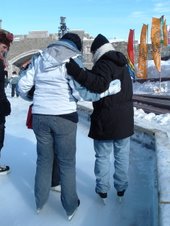


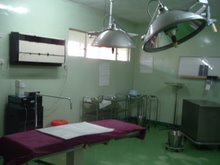
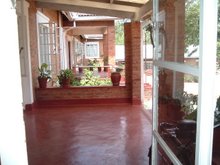

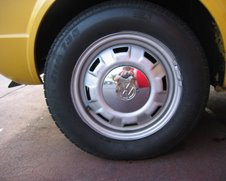

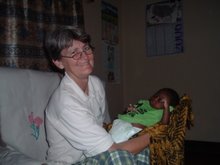

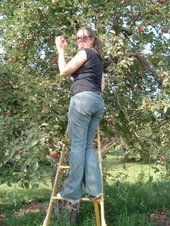

1 comment:
Hi Red Rabbit,
It is good to read your post and I admire your honesty about how hard it must be for a doctor to realize that you cannot cure your patient. But what I most admire is the fact that you also see how imported palliative care can be. You give the patient the opportunity to look back and resolve the things he wants to be resolved, before he passes on. To complete the circle of life. I think you are going to be a great oncologist.
Best wishes,
Margreet
Post a Comment